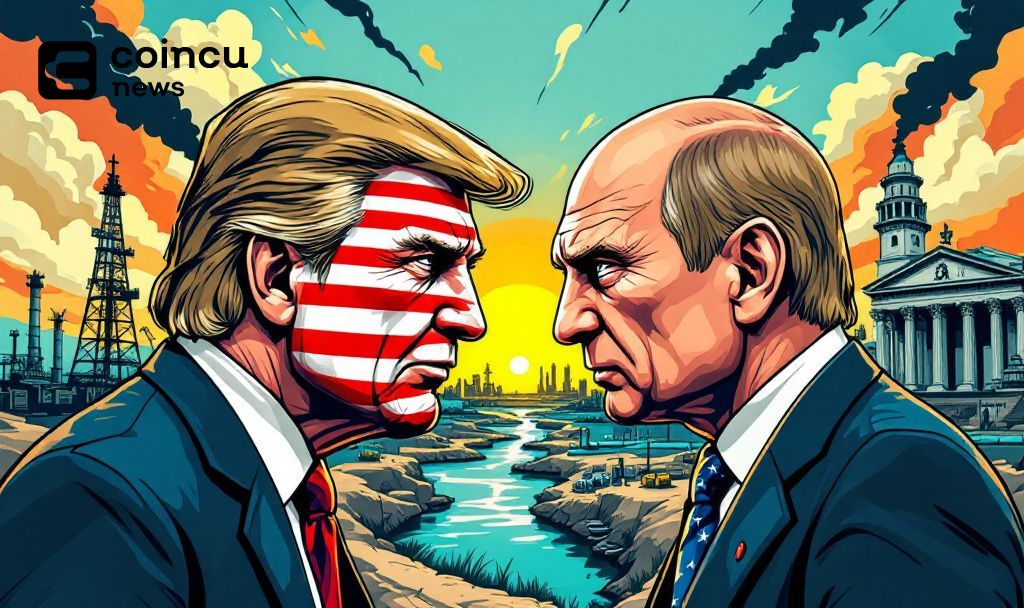- U.S. imposes sanctions on Russian energy and banking sectors.
- New sanctions intensify economic isolation of Russia.
- Markets react as energy sanctions affect oil prices.

U.S. Targets Russian Economy in Sanction Expansion
The announcement of new sanctions on Russia by the U.S. reflects a strategic move to curb Russian activities in Europe. Aimed at the energy and banking sectors, the sanctions are intended to disrupt critical areas of Russia’s economy. This decision aligns with previous actions to exert economic pressure.
Immediate implications include potential challenges for global energy markets and financial exchanges. The response by Russian officials hints at possible countermeasures. Market reactions have been swift, with government and industry leaders expressing concern over potential disruptions. Key figures from both countries have issued statements, highlighting the intensity of the situation.
Geopolitical Tensions Influence Bitcoin Price Data and Trends
Bitcoin (BTC) is currently trading at $81,608.11, recording a gain of 0.61% over the past 24 hours, according to TradingView data as of March 14, 2025. Analysts note that these movements mirror typical market cycles, suggesting a stabilization phase in the crypto market. Experts predict potential shifts in global financial and regulatory landscapes.

The use of sanctions may lead to more countries reevaluating energy dependencies, influencing long-term market trends and regulatory environments. “The ripple effects of such sanctions are felt far beyond national boundaries, underscoring the interconnected nature of today’s global economy.”























